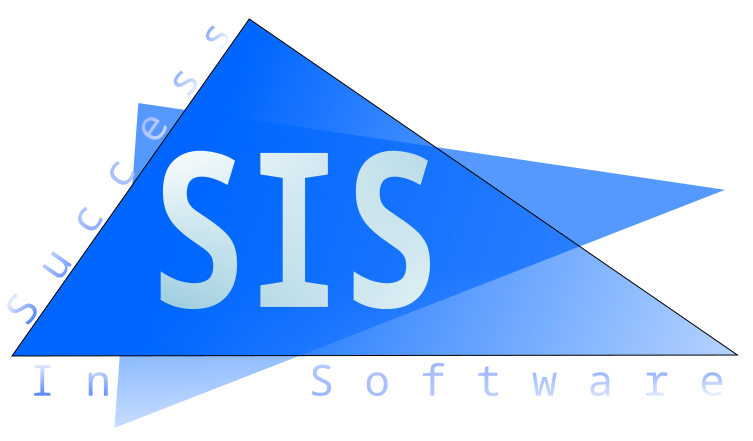This StackOverflow thread details how, using set and shopt, you may use the built-in ‘yes’ to automate bash script interactions with ‘read’. However, there’s a catch to automation this way: Both, using built-in yes | and process substitution < <(yes) are going to fail to script you through a bash script for every other read in this case:
$ cat test-script.sh
shopt -s lastpipe;
set +m;
#set -x;
continueYesNo() {
local msg="$@";
echo "$msg"; read -er -n 1 -p "$this: INFO: Continue [y|N]?: " REPLY;
if test "$REPLY" = "y"; then return 0; else return 1; fi;
}
continueYesNo "question1? "; echo "result: $?";
continueYesNo "question2? "; echo "result: $?";
continueYesNo "question3? "; echo "result: $?";
### More concise but equally failing with 'yes':
read -n 1 -p "[y|N]?:" REPLY; echo "reply: $REPLY";
read -n 1 -p "[y|N]?:" REPLY; echo "reply: $REPLY";
read -n 1 -p "[y|N]?:" REPLY; echo "reply: $REPLY";
# EOF
$ yes | bash test-script.sh
reply: y
reply:
reply: y
question1? result: 1
question2? result: 0
question3? result: 1Solution: to work around this bash automation catch with built-in read and yes use echo "yyy" | ./test-script.sh if you’re going to answer 3 (three) read‘s worth of questions.
$ echo "yyy" | bash test-script.sh reply: y reply: y reply: y question1? result: 1 question2? result: 1 question3? result: 1
Reason for this is read -n 1 is only going to consume 1 char for an answer but yes is by default providing ‘y’ and a newline (\n). So every other read is consuming the \n and the script thus failing to continue.
See also help read:
-n nchars return after reading NCHARS characters rather than waiting for a newline, but honour a delimiter if fewer than NCHARS characters
are read before the delimiter
